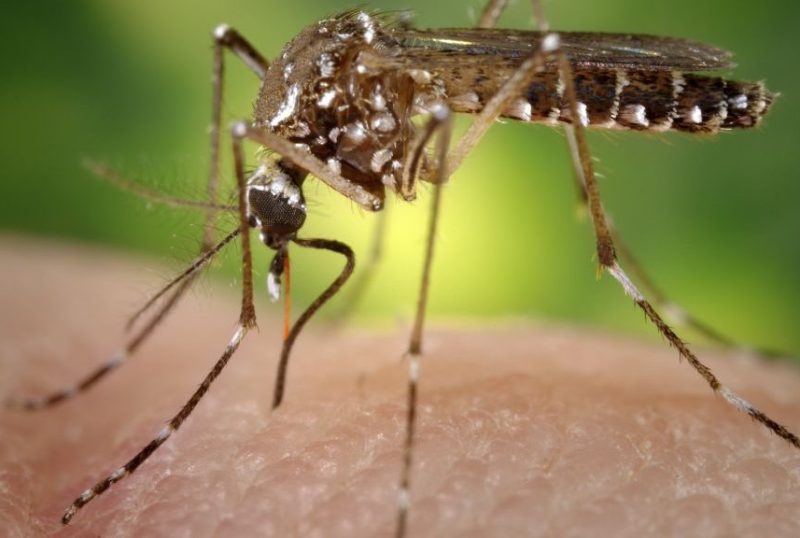
Computer scientists have developed a model that predicts outbreaks of malaria more accurately that the complex formulas epidemiologists currently use.
Mosquito-born diseases, like malaria, are transmitted when the insects feed on an infected human. Malaria infected and estimated 215 million people and killed half a million of them in 2015.
The “generic mosquito model” was developed by a team of researchers in Malaysia inspired by physics. To account for the randomness of the flying insects and their human prey, researchers used Brownian Motion, which describes tiny particles that randomly collide, on a large-scale.
Using that concept, the Universiti Malaysia Sarawak researchers generated a model that incorporates dozen of variables that range from diffusion times for insects and humans to the duration of a mosquito’s feeding session. The model was tested by predicting the spread and density of malaria outbreaks in four districts of Sarwak, Malaysia.
Researchers were encouraged by their findings but will continue to refine their model with predictions in other cities, according to a press release from the University. In addition, they are going to develop models for other mosquito-born illnesses, beginning with Dengue Fever.
Read the findings at Science Daily.
—RealClearLife
Whether you’re looking to get into shape, or just get out of a funk, The Charge has got you covered. Sign up for our new wellness newsletter today.